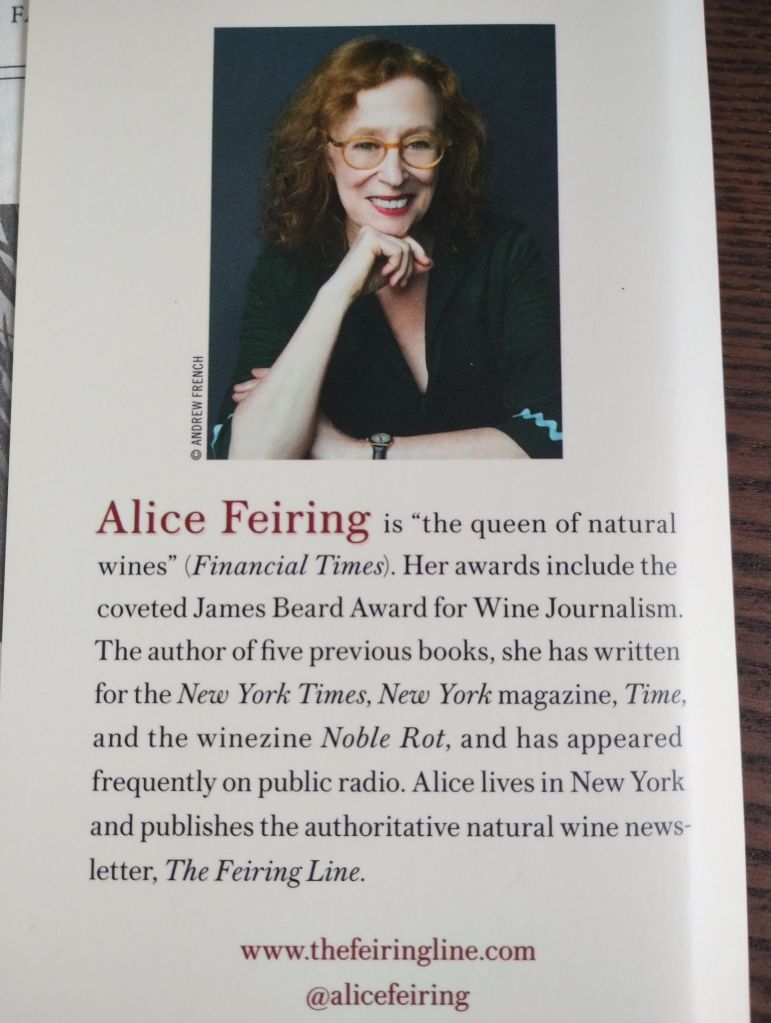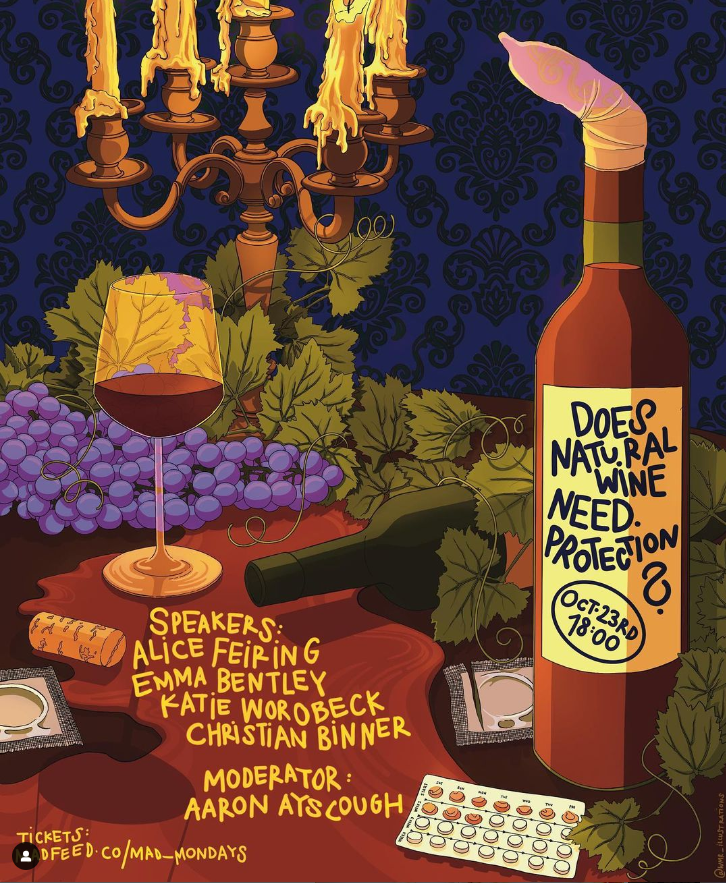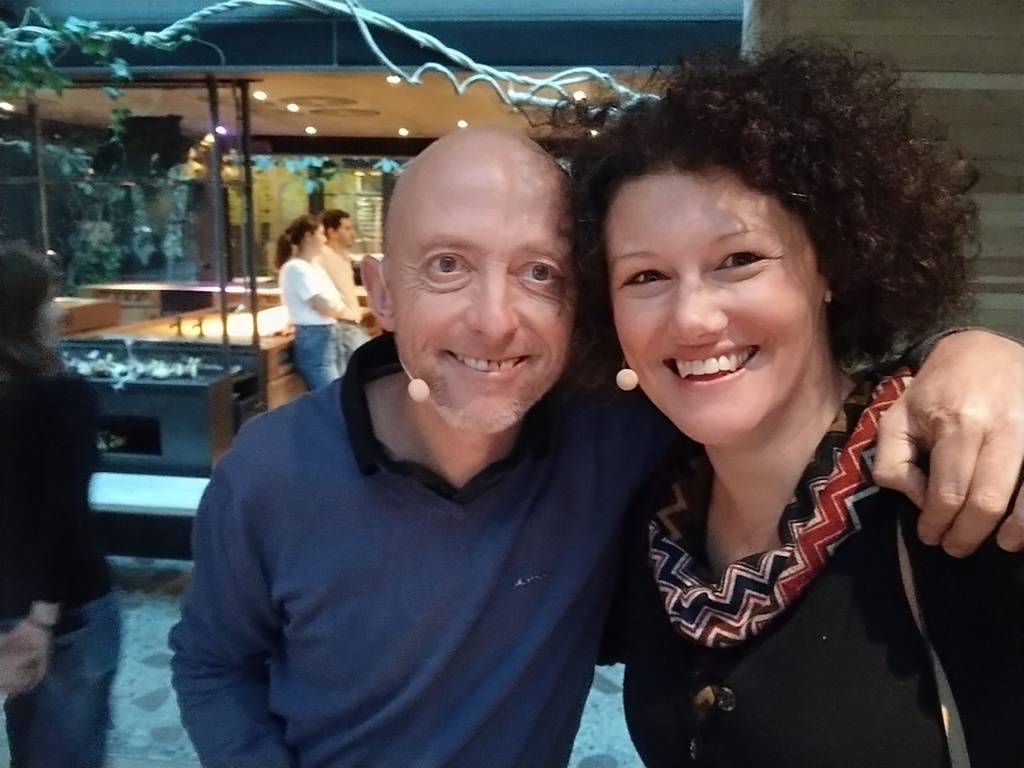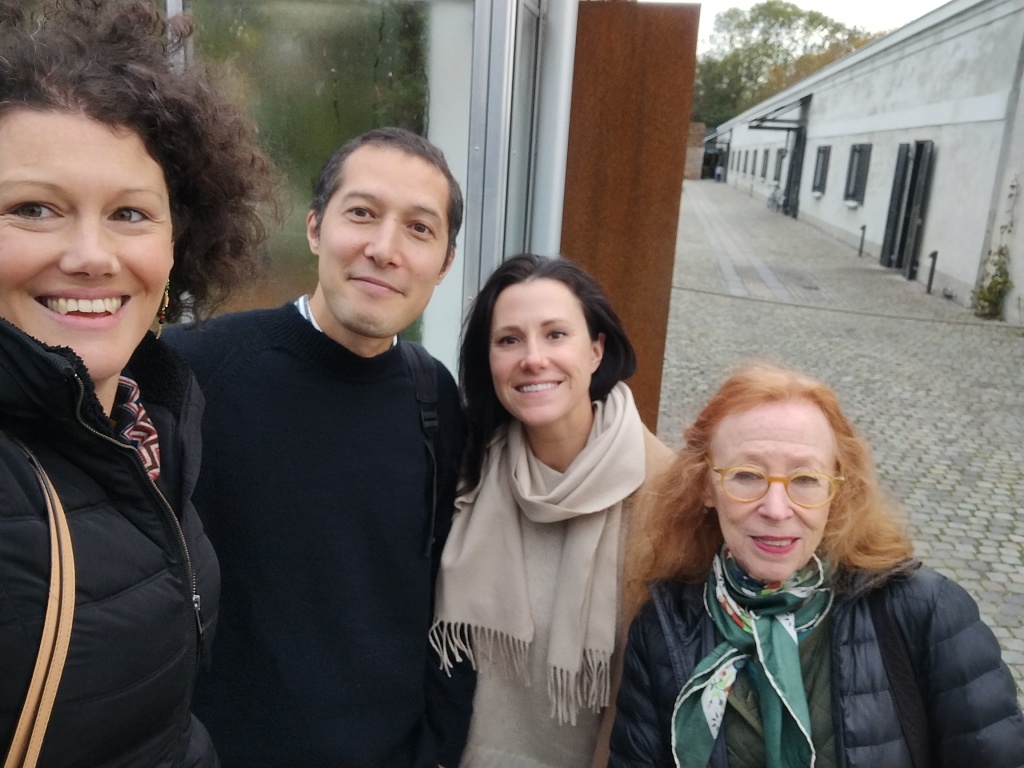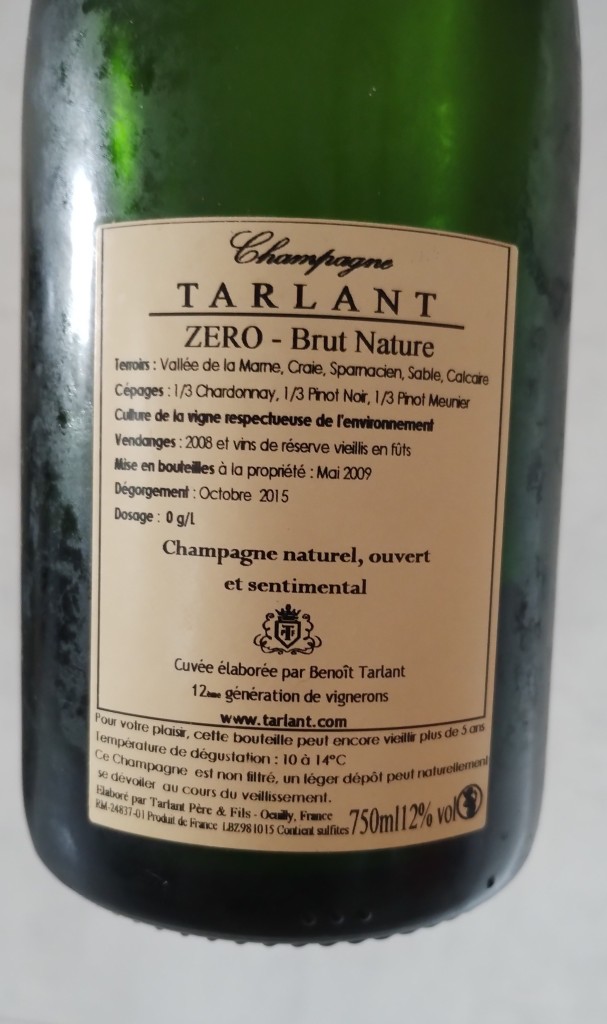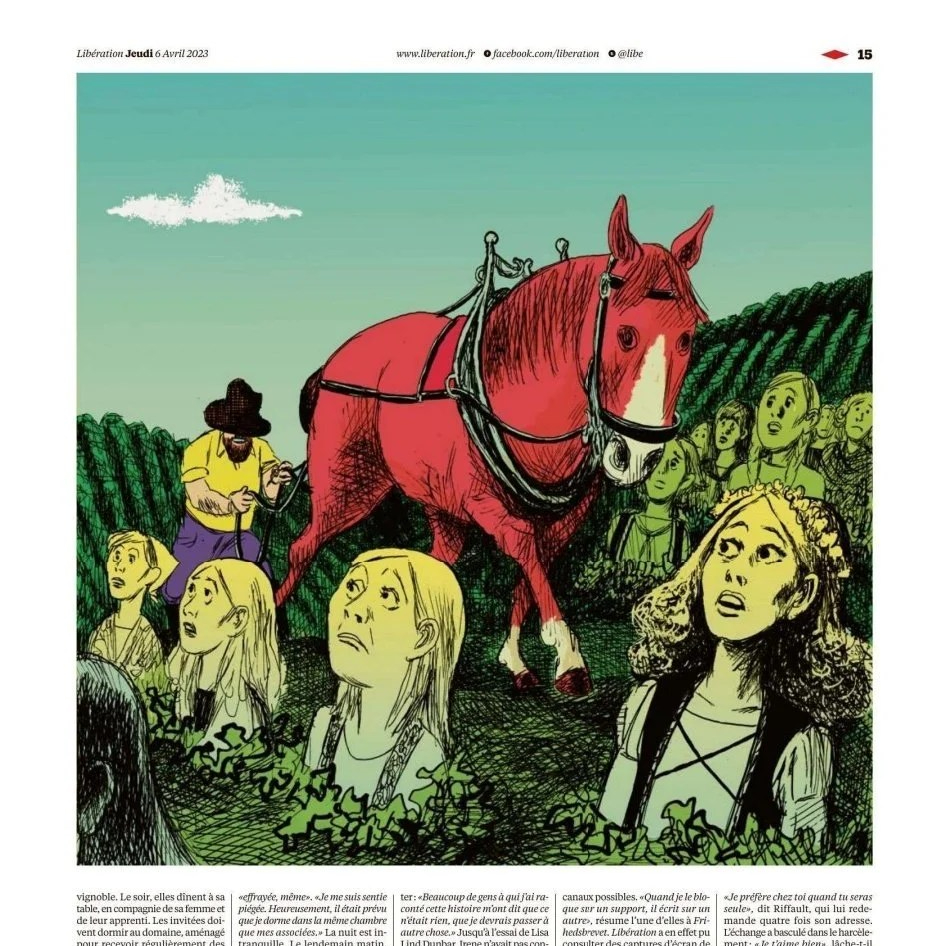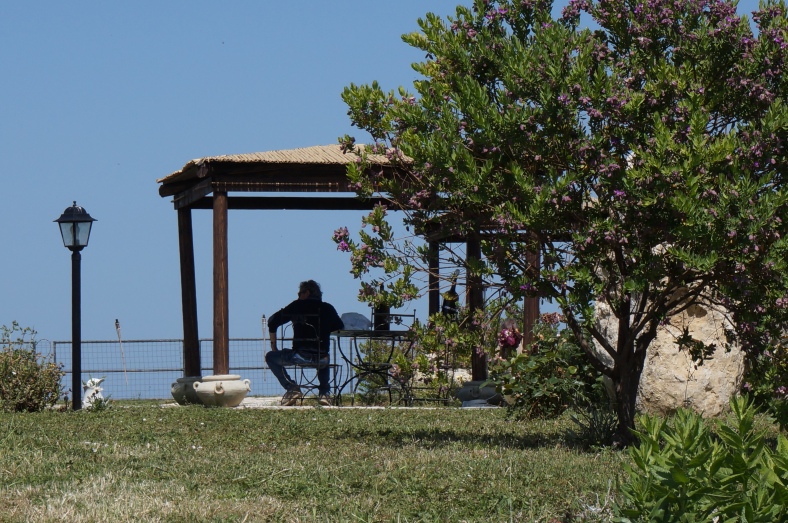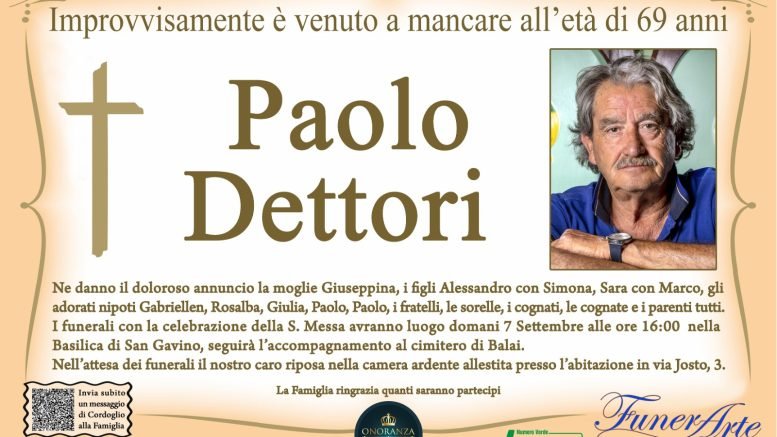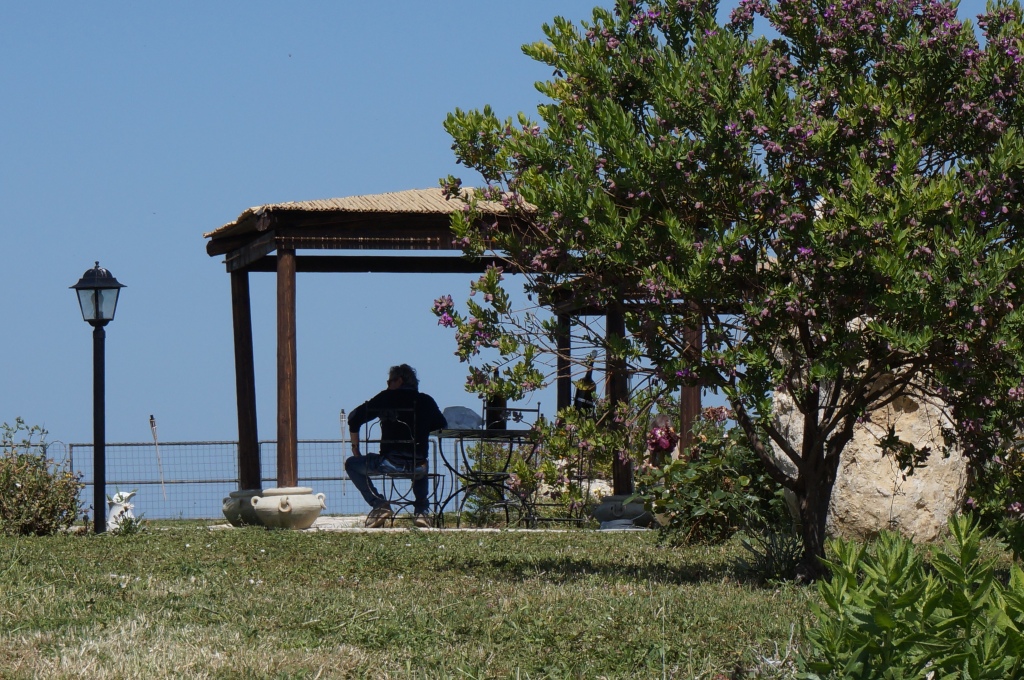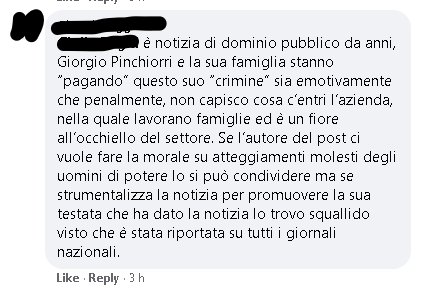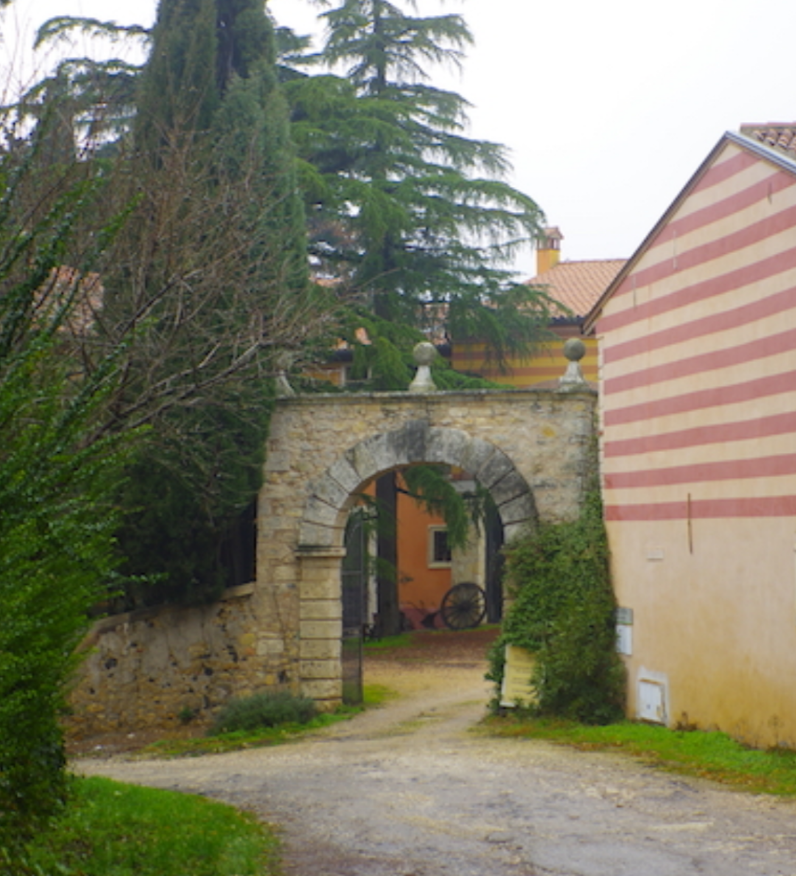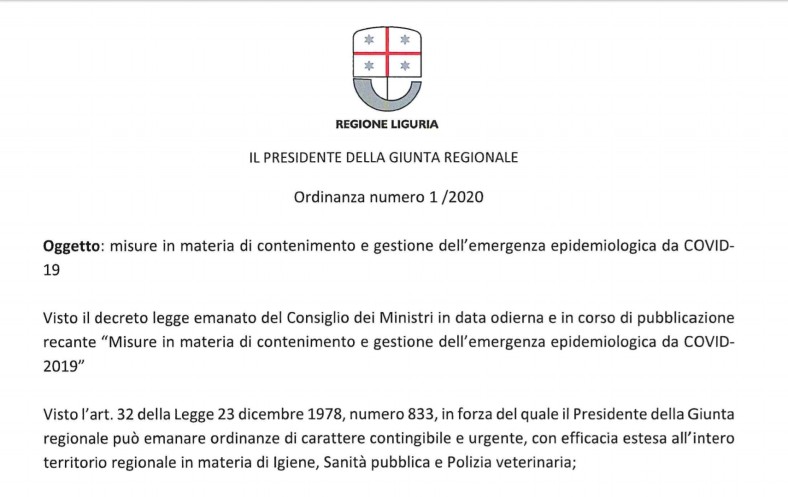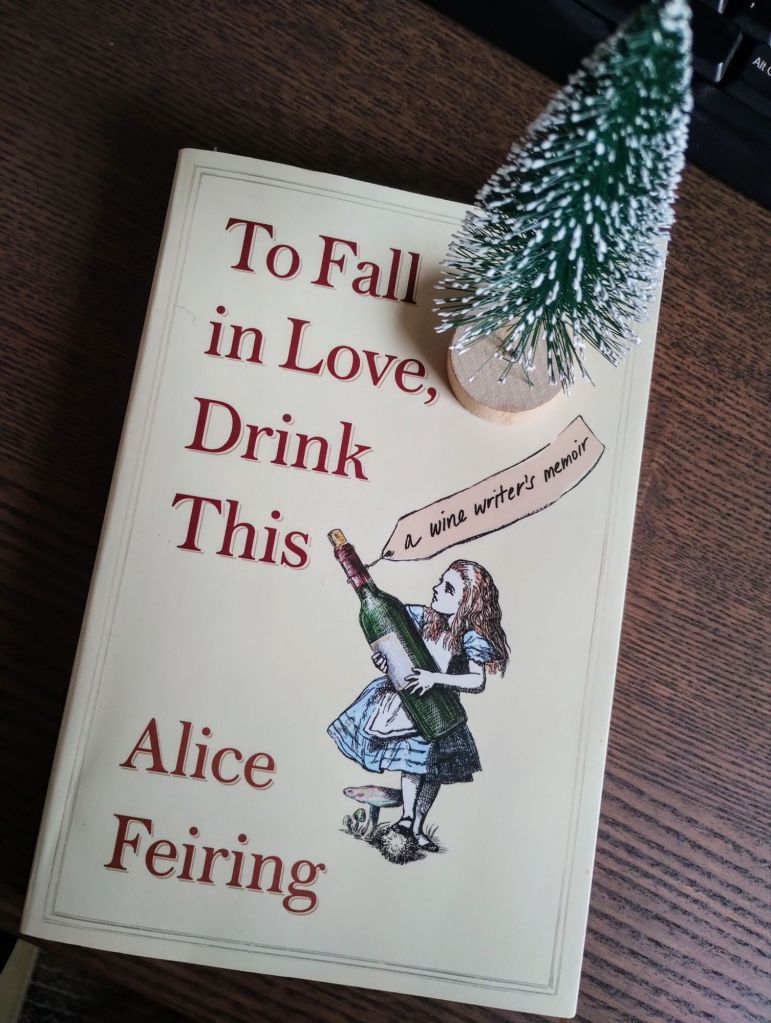
At this time of year, I see people in literary circles writing a round up of the most enjoyable books they’ve read over the past 12 months. I always prefer those to the similar articles that are published a month or so earlier, but which largely serve the purpose of a holiday gift guide. No, I don’t want to know what is going to gather dust on bedside tables up and down the country; tell me what people have actually tried and enjoyed.
I used to be an avid reader. I’m sure the reason I needed to start wearing glasses as a teen was because of the books I’d read, hidden under the duvet after lights-out at boarding school. Fingers were wagged, disapproving looks given, but I just had to get to the end of the action in the fourth Harry Potter book – if you’re not familiar with that one, it’s the first really chunky one in the series – come hell or high water.
How times have changed!
I’d like to take a photo of the stack of books that I devoured this year. Or to set myself the task of reading 12 books in as many months. But this year, Google was the source of most material that I sought to read. Until March, the search function helped allay pregnancy worries; then the internet provided a refresher course on caring for a newborn baby, answering any questions I had, day or night. Not long after, I found myself reading everything I could about bronchiolitis. Later, during our beach holiday, it would be to get any updates on the forest fires in Calabria and those we could see burning on Sicily and the Eolian islands across the water. Then, with a stint in England and the autumn came some form of normality, but still the exhaustion that a parent of young kids experiences once everyone is in bed for the night meant that I too fell asleep before you could say Jack Robinson. As a result, some books were started in good faith but they later languished on my bedside table before being relegated back to the bookshelf.
I daydream about one day having a house in the countryside and in my reverie, there is a wistful, floor-to-ceiling, wall-to-wall bookshelf. In this fantasy, the room has the most amazing natural light, a comfortable chair or sofa that you could lounge on for hours, and a warm breeze coming in, carrying the scent of jasmine plants outside. I land back in today’s reality with a bump.
It is now 5am on December 13th (one of my kids woke up in the middle of the night and I can’t get back to sleep) and as the score currently stands, Alice Feiring’s memoir “To Fall In Love, Drink This” is the only book I’ve finished this year.
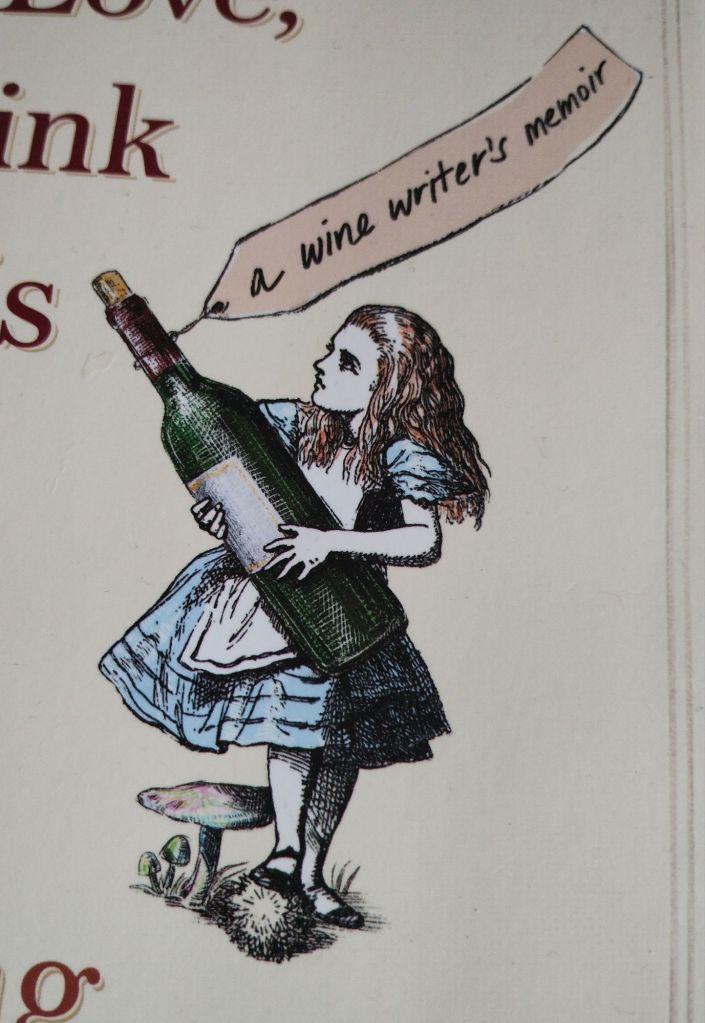
There’s everything you need from a memoir: flawed parents, an adolescent’s search for identity, plus grief, longing, and even a serial killer! All while claiming to be an introvert, it is Alice’s ability to connect on a human level – whether it be with the plumber or her beloved brother – which puts the meat on the bones of this memoir.
The book starts in a place which is entirely foreign to me – a Jewish American family near New York in the late 1950s – but then travels to familiar-sounding vineyards in France, Italy and Georgia and puts me back down again, in the final chapter, in the middle of lockdown, something I – as we all do – remember all too clearly.
Wine is the thread that pulls it all together and facilitates those human connections. Personal narrative alternates periodically with wine talk. It’s a book which can be read by a wine expert or a complete novice. The language – as with all Alice’s writing – is engaging and explanatory without ever verging on patronising. There were moments when I found myself nodding ‘I know this already’ but enjoying the ride; and moments when I found myself with eyes wide open, scribbling down notes of new wines to seek out.
Final consideration: the essay format is perfect for these busy times when even people with the best intentions have short attention spans. I could read a couple of pages or twenty before falling asleep and then put the book down for a month or so when life got too busy without particularly losing track.
To rephrase the title somewhat: if you read anything next year, read this.
And, on a side note, what do you suggest I read next year? It doesn’t necessarily have to be linked to wine. Do you have any recommendations?
